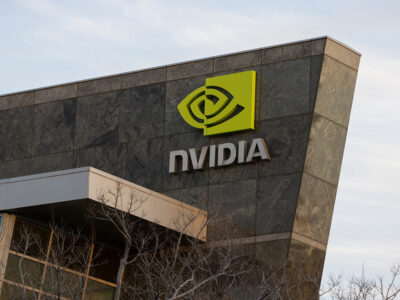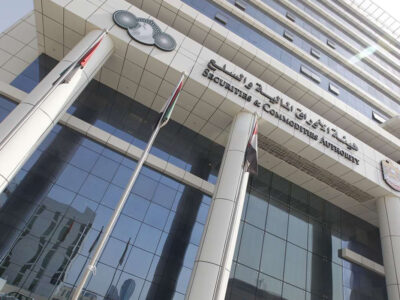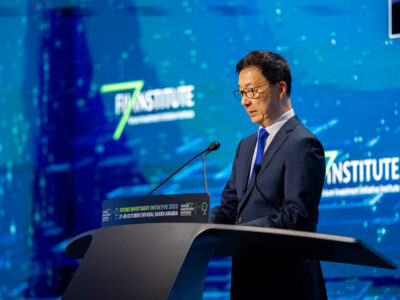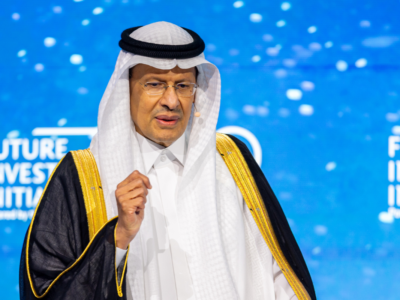The largest female economic empowerment platform in the Middle East will open in Dubai on Monday as the UAE leads change in the Middle East by offering opportunities to achieve their full economic, political and social potential.
The country’s goal to be one of the world’s top 25 countries for gender equality by 2021 has seen the UAE close 64 percent of its overall gender gap.
Women in Leadership Economic Forum (WIL) by Naseba will gather some of the leading regional and international organisations such as Siemens, Facebook, Allergan, FedEx, Philip Morris, PWC, General Motors and Emaar Hospitality, to share their success stories and strategies on closing the gender gap.
According to industry reports, organisations where women hold nearly 30 percent of leadership positions could add up to 6 percent to their net margins.
The Forum will take place in Dubai on October 28-29 at the Address Sky View Hotel Dubai.
Hani Ashkar, PwC Middle East senior partner, said: “Diversity is integral to business sustainability and overall success. Boosting the number of women in work is not just a moral imperative but also has a measurable impact on the bottom line.
“At PwC Middle East, we recognise that diversity and inclusion are multifaceted and that we need to tackle these challenges holistically. To do this, we believe we also need to honestly address head-on the concerns and needs of our diverse employees and increase equity for all.”
The MEA region has also been a development platform at Siemens for many high potential females, said Eva Mourino, SVP HR Siemens Middle East, who added: “Women deserve a place at the table. At Siemens we believe that diversity on all levels of the organisation contributes to the overall success of the company.”
Philip Morris International said women hold just under 36 percent of management roles across the company, up six percent since 2014, with a target to improve the representation of women in management to at least 40 percent by 2022.
Women currently make up 35 percent of the GM Middle East workforce, up from 26 percent just over five years ago. In the past two years alone, nearly 50 percent of the total new hires at the company were female, the company said.








